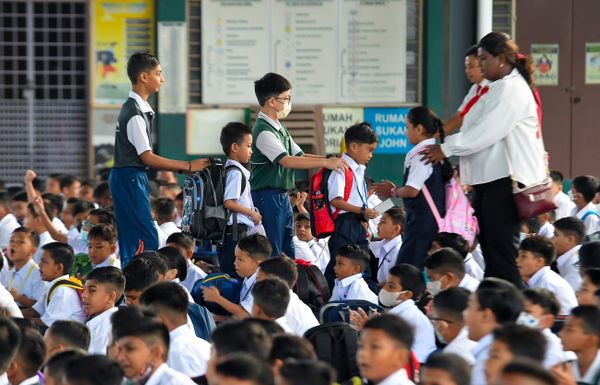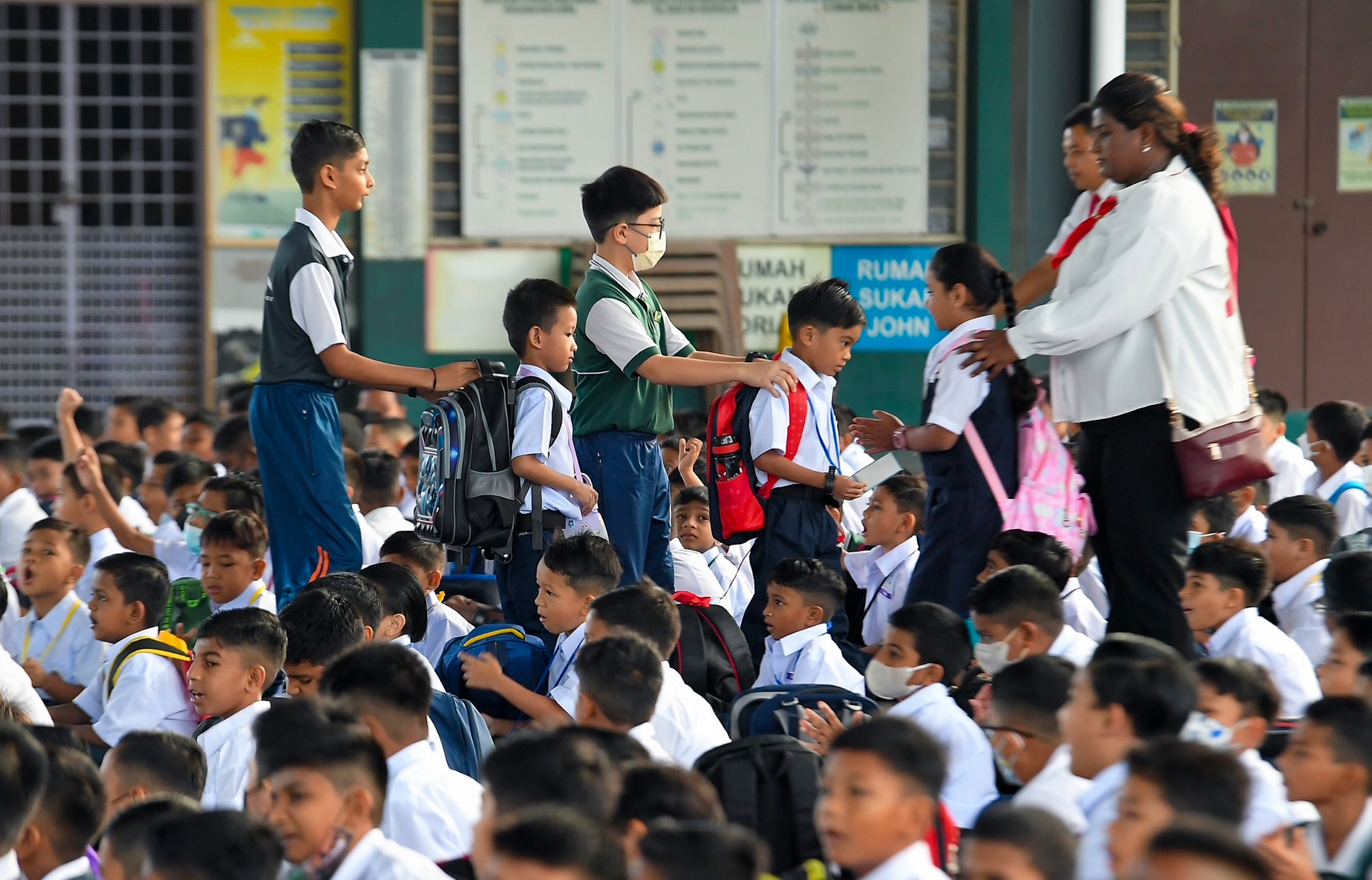PUTRAJAYA, Sept 11 — The number of bullying cases in schools under the Education Ministry (MOE) has significantly increased since 2022, with more than 70 per cent of them occurring in secondary schools every year.
Human Rights Commission (Suhakam) chief commissioner for children Farah Nini Dusuki said that in 2022, 819 bullying cases were reported in primary schools, while 3,064 were recorded in secondary schools.
The figure increased to 1,110 cases in primary schools and 5,418 in secondary schools in 2023, while in 2024, 1,992 cases were recorded in primary schools and 5,689 in secondary schools.
Describing the trend as “very worrying”, she said there is a serious need to enact an anti-bullying act in the country to protect children’s safety.
“We are also subject to Article 19 of the United Nations Convention on the Rights of the Child, which requires the government to protect children from all forms of physical or mental violence, neglect and abuse,” she said.
She said this during a town hall on anti-bullying, organised by the Legal Affairs Division of the Prime Minister’s Department (BHEUU) here today.
According to Farah Nini, the formulation of an anti-bullying act is important, given that the country does not have a specific act for it and only relies on school discipline and general laws.
“Comprehensive protection is needed, which is not just punishment, but encompasses aspects of rehabilitation, counselling support and family intervention.
“Children are an investment in the country’s future, and we must create a safer school environment for them,” she said.
Citing Japan and the Philippines, she said they have specific anti-bullying laws that have been in force since 2013, covering elements of bullying that cause physical pain and emotional suffering and that involve property damage.
Meanwhile, BHEUU Deputy Director-General (Law Reform) Thiyagu Ganesan said existing laws and mechanisms to address bullying in the country include Section 233 of the Communications and Multimedia Act 1998, which covers harmful online communications, and the Online Safety Act 2024, which is aimed at enhancing and promoting online safety.
However, Thiyagu said initial observations by the BHEUU found several legal gaps in addressing bullying, including the absence of a clear statutory definition of “bullying” and a predominantly criminal-oriented approach that focuses more on punishment rather than rehabilitation.
“The court process (if convicted) is also lengthy, technical, and not child-friendly. If the matter involves a civil case, the costs are also high,” he said.
Also present at the town hall session were Minister in the Prime Minister’s Department (Law and Institutional Reform) Datuk Seri Azalina Othman Said, Communications Minister Datuk Fahmi Fadzil, Education Minister Fadhlina Sidek, and stakeholders.




